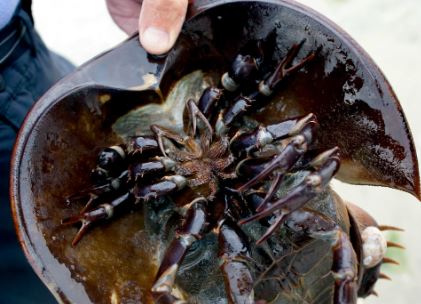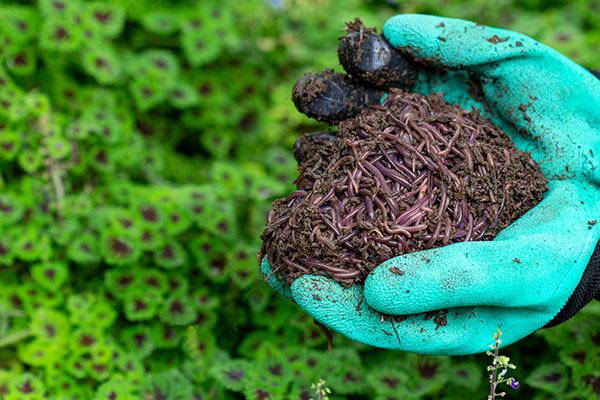
In their study, the researchers examined chitosan and its ability to act as a carrier for a promising plant growth-promoting bacteria known as Methylobacterium oryzae CBMB20. They put the bacteria in different chitosan formulations, such as wet chitosan and dry chitosan, and compared its effectiveness with alginate's.
Chitosan formulations exhibited better entrapment efficiency and degradability resistance than alginate formulations. The researchers also found that 80 percent of the bacteria survived in wet chitosan even after 90 days of storage at 4 degrees Celsius. In addition, the spermosphere survival of bacteria in both dry and wet chitosan formulations applied to soils was high even after 21 days of storage under greenhouse conditions.
The researchers also reported that alginate formulations degraded fully, while chitosan formulations only degraded partially. This demonstrated chitosan's ability to support the survival of bacteria in soil. Moreover, tomato plants treated with wet chitosan formulation exhibited increases in shoot and root length compared with plants inoculated with alginate fomulation.
Based on these findings, the researchers concluded that chitosan can be used as an effective carrier for bacteria that boost plant growth. The results of their study were published in the journal Archives of Agronomy and Soil Science.
Other uses for chitosan
An article published in the journal Marine Drugs recently reviewed studies that focused on the different applications of chitosan. This polysaccharide can be used for:
- Tumor suppression – Chitosan has been shown to exhibit antitumor effects, which can be attributed to its ability to stimulate cytokines production through increased T-cell proliferation. Other research also reported that it has strong pro-apoptotic effects against tumor cells.
- Wound healing – Chitosan can be used in wound-healing products like hemostatic dressings because it is biodegradable and biocompatible. It also has antimicrobial activity and low immunogenicity. Although products containing chitosan are more expensive, they are more effective at promoting wound healing.
- Water treatment – Chitosan is an efficient material to use for the adsorption of pollutants in water treatment systems because it is inexpensive, environmentally-friendly, versatile, and biodegradable. It also has high adsorption capability and selectivity, which may be attributed to its amino and hydroxyl groups that enable the adsorption of pollutants, such as dyes, metals, and organic compounds.
- Weight loss: Chitosan is widely marketed as a dietary supplement for weight loss and it appears to be safe for consumption. However, more studies are still needed to prove its effectiveness as a weight loss supplement.
- Killing microorganisms: Chitosan has been shown to exhibit antimicrobial activity. In particular, quaternized chitosan – which introduces permanent positively charged quaternary groups to the hydroxyl group or amino group of polymers – increases antimicrobial activity over a wide pH range. It can also be used as an antimicrobial coating in orthopedic and dental implants, and as an antimicrobial wound dressing material for surgery.
- Food packaging: Electrospun chitosan fibers can be used for food packaging. In one study, it was used as a wrapper for dry-age beef. It decreased the appearance of molds and yeasts, caused a lighter appearance, and reduced muscle denaturation. (Related: Chitosan: A more environmentally friendly food packaging material than plastic.)
Learn more about green living by going to GreenLiving.news.
Sources include:
Please contact us for more information.























